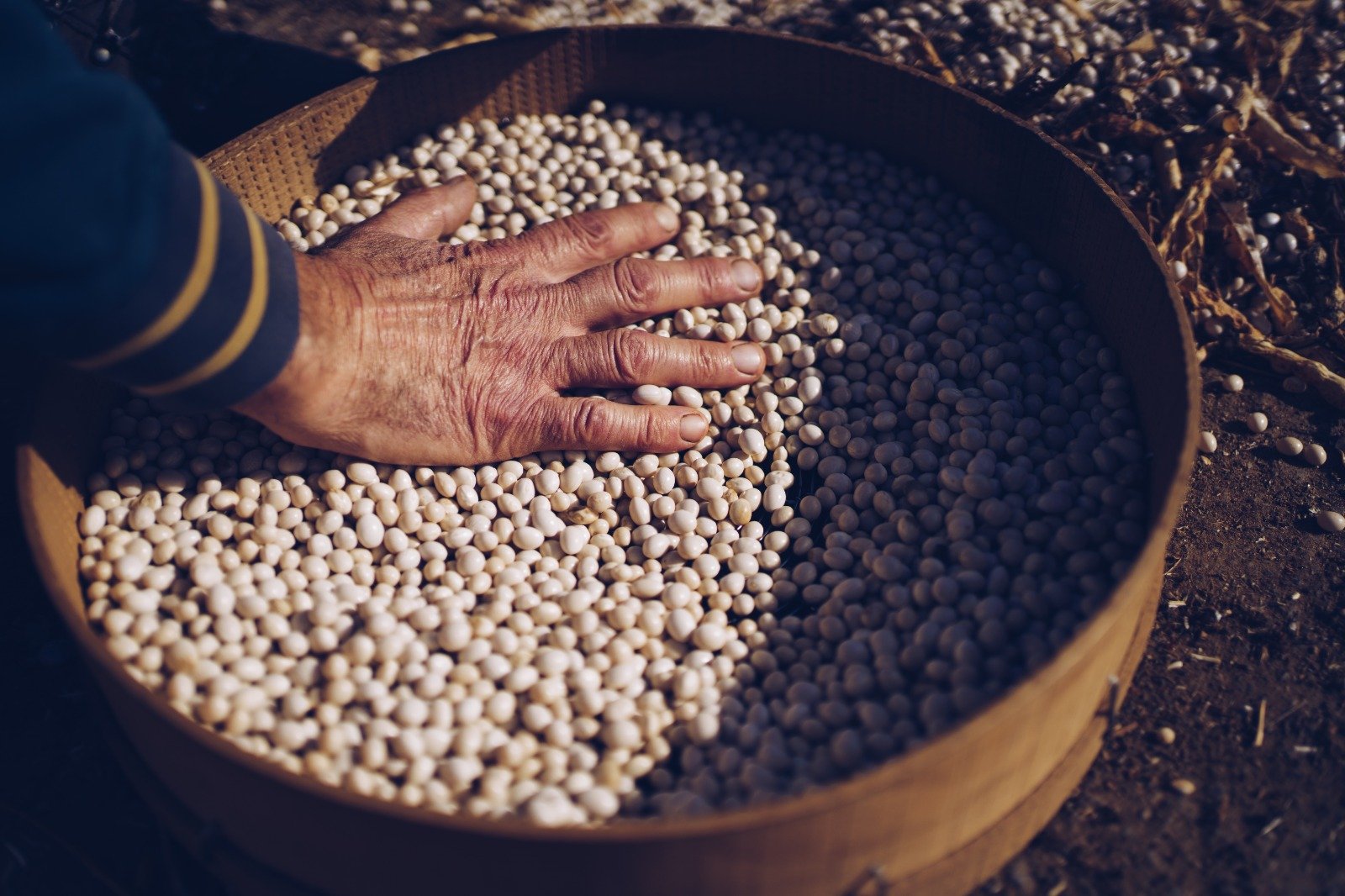The Slow Food ‘Plant The Future’ campaign aims to accelerate a global transformation of what we eat by inspiring restaurants and home cooks everywhere to adopt a plant-rich approach
To mark its 8th collaboration with the international movement Slow Food on the annual Food For Change initiative, Relais & Châteaux is inviting chefs at its 580 properties to join Slow Food’s Plant The Future campaign and continue to become more plant-rich by following nine key principles, embodied by nine chefs around the world.
The goal is to push the boundaries of fine dining and shine a light on the innovative and nutritional power of vegetables, legumes and pulses, whole grains, cereals, algae, nuts and seeds, mushrooms, seaweed and fermented foods. ‘Plant The Future’ is designed to raise awareness about the impact of factory farming, intensive fishing and the lower environmental footprint of plant-rich diets. It aims at sparking a fundamental transition within Relais & Châteaux’s 580 global properties – and, more widely, the general public. Beyond its benefits for the health of humans, a diet rich in plants is also respectful of the animals and the environment.
Over-consumption of animal-centered diets are associated with negative environmental impacts and multiple crises of public health. By contrast, plant-rich diets contribute to better health thanks to their protein, fibers and micronutrients content and can reduce our global ecological footprint. For the protein found in every 100g of legumes, only 0.9kg of greenhouse gases are emitted, as opposed to 35.5kg for the same amount of beef protein. (United Nations*)
Mauro Colagreco, Vice President, Chefs of Relais & Châteaux, said: “Our network of outstanding chefs across 580 properties hold 376 Michelin stars, including 40 green stars, and have the power to change the culinary narrative. They can demonstrate how menus that feature both a plant-rich approach as well as animal proteins sourced from agroecology can rival the flavor, complexity and satisfaction of animal-centric cuisine and address the climate emergency.”
Edward Mukiibi, President of Slow Food, said: “The time is now: we must all take a strong stand against the climate and public health emergencies we face and improve animal welfare. By adjusting the balance toward an ecologically sound plant-rich diet, we can powerfully change the current food system and reduce the impacts of factory farming. An agroecological approach does not only involve adopting and implementing good, clean and fair agricultural practices but also plays an important role in changing social relationships, empowering farmers, respecting animals and short productive chains geared toward a holistic improvement of the world around us. This is where the fundamental role of chefs comes into play.”
CONSCIOUSLY CHOOSE YOUR SUPPLIERS… Varun Totlani of Masque, India, quotes, “Pick ingredients with known sources, favoring shorter supply chains and producers who follow agro ecological principles, respect animals, ensure workers’ rights and safeguard the planet.” Tasting, selecting and showcasing the best local ingredients: this is Varun Totlani’s mission, and he takes the necessary time to go to each region to reveal its uniqueness. He further adds, “In a country like India, ingredients, techniques and recipes change every 100km or so, offering endless possibilities for discoveries and the promotion of local communities. Research and regional sourcing trips are integral to the restaurant’s operation, allowing it to offer a unique palette of flavors to diners and help them appreciate the richness of their country. This approach represents a contemporary vision that explores the nuances of regional cuisines and ingredients, combined to imagine dishes of today: Sea buckthorn berries from Ladakh, rare citrus fruits from Himachal, or jamun fruits from Maharashtra inspire the chef while opening new opportunities for local farmers. “
Relais & Châteaux and Slow Food will circulate guidelines with nine key principles to help drive behavioral and practical change among its restaurants and educate both chefs and guests about why the change is necessary and how to make it possible (see accompanying guide). A social media campaign will celebrate properties’ achievements, innovations and initiatives toward a more plant-rich approach.



